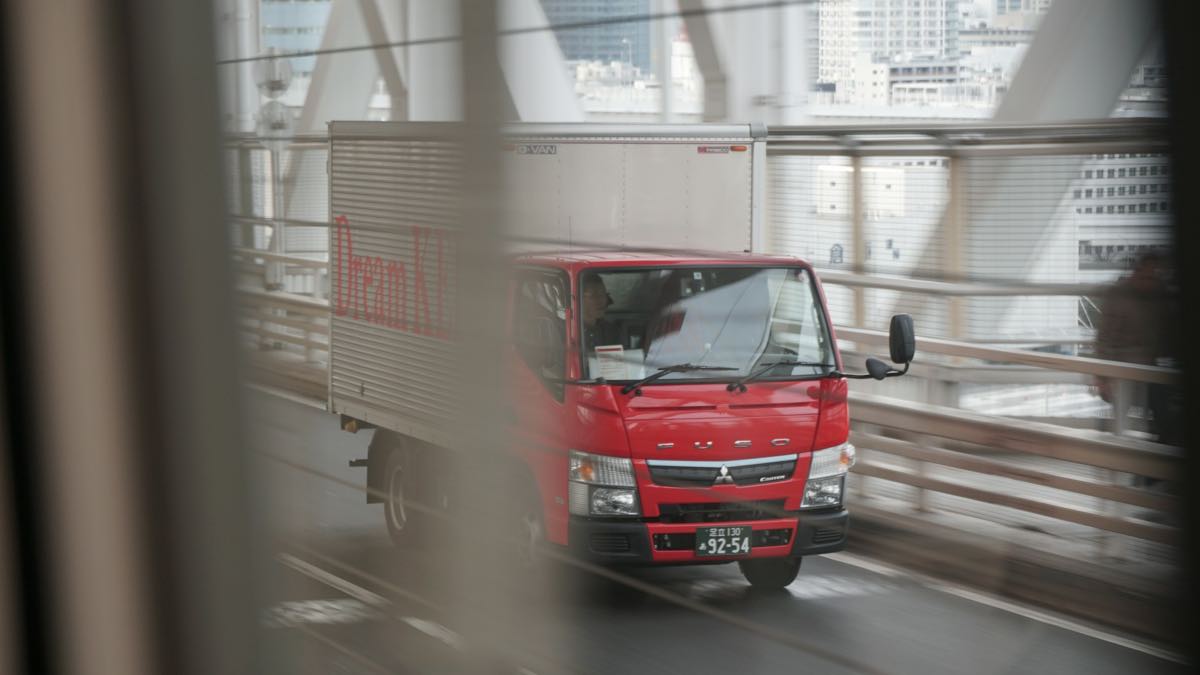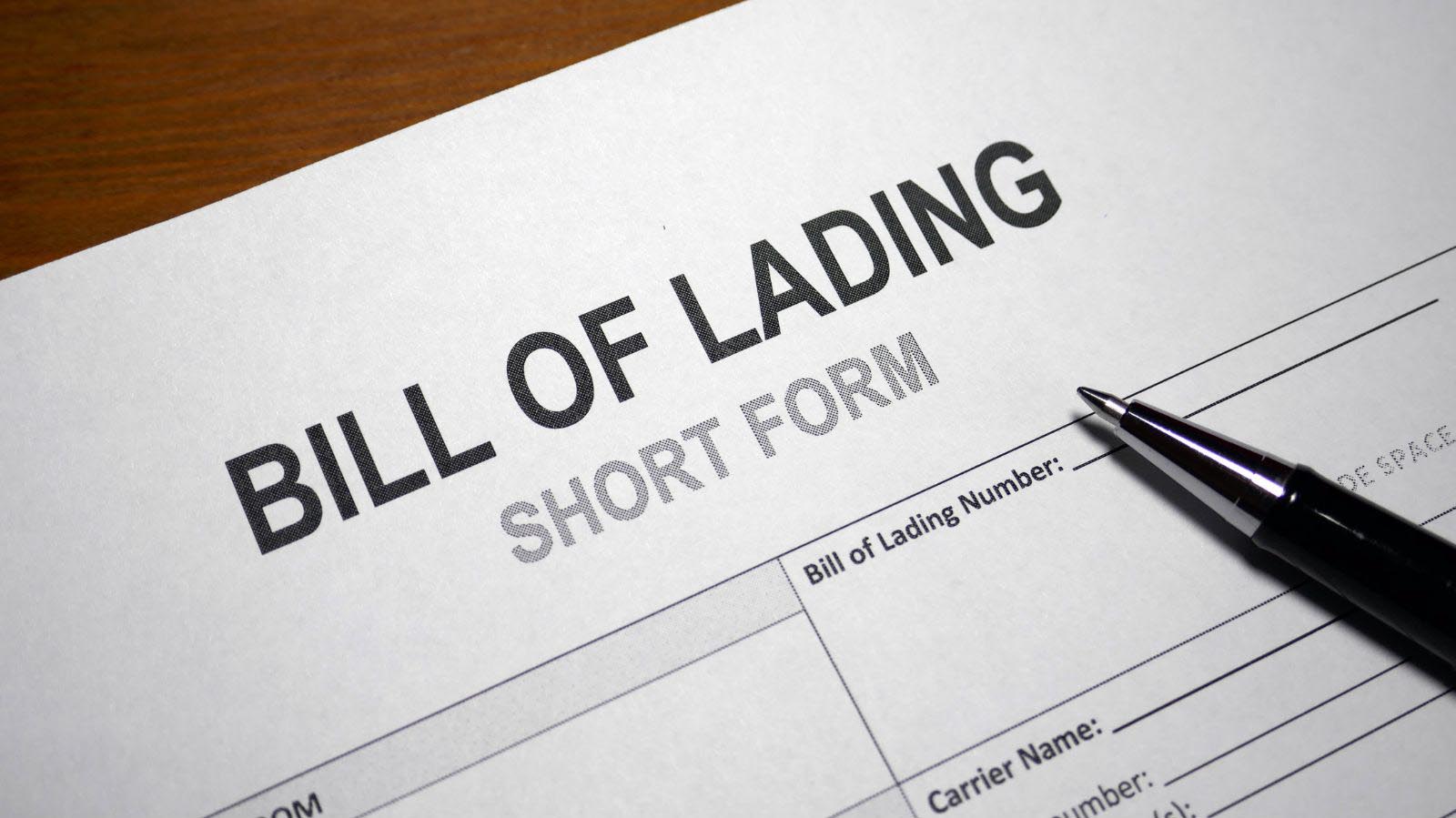The process of transporting a vehicle from Boston to Florida presents its own distinct set of challenges and factors to take into consideration. With the average American family typically possessing more than one vehicle, the practicalities of moving cars become an essential part of planning an interstate move. The journey is over one thousand miles long and crosses several state lines, each of which has its own set of regulations and potential obstacles, which makes the task intimidating for many people. The climates of the Northeast and the Southeast are distinct from one another, which can have an impact on the conditions of transportation and, as a result, the preparation that is necessary for the vehicle.
When selecting an auto transport company, the purpose of this guide is to simplify the process by highlighting the most important questions that should be asked in order to ensure a smooth, efficient, and cost-effective experience. We would like to provide you with all of the information that you require in order to make a knowledge-based choice. This includes addressing concerns that range from cost estimates and vehicle preparation to insurance coverage and delivery options. This article is intended to unravel the complexities of interstate vehicle shipping, making it possible for your vehicle to arrive at its new home in Florida in a timely and secure manner. It does not matter if this is your first time moving or if you have moved before.

A well-thought-out financial plan is required before beginning any kind of interstate relocation, including the task of transporting your car from Boston, Massachusetts to Florida or any other interstate type of move. Before committing to any car shipping service, it is essential that one familiarizes themselves with the specifics of the expenses that are involved with the service. Not only are these costs not consistent, but they also fluctuate greatly depending on a wide variety of circumstances. It is important to note that the cost is heavily influenced by the year, make, and model of your car. Furthermore, the total distance that the vehicle must be transported is a factor that influences the cost. To provide one example, the cost of shipping a classic, brand new or luxury car is likely to be higher because of the necessity of specialized handling or enclosed auto transportation in order to preserve the vehicle from the weather, any potential damage, and higher cargo insurance limits.
Not only is it important to be aware of the preliminary estimates, but it is also essential to comprehend what they have to offer. When you are looking for shipping estimates, you should try to get prices from at least three different car shipping companies. By taking the above approach, you will be able to conduct a full comparison, which will ensure that you select a service that not only fits within your budget, but also lives up to your expectations in terms of level of service quality. Having said that, it is of the utmost importance to keep in mind that these preliminary quotations are susceptible to modification. It is possible that a more in-depth analysis of your car will find other aspects that could result in an increase in the price. Because of this, it is important to have some wiggle room in your budget so that you can avoid unpleasant surprises. For the purpose of setting realistic expectations regarding the budget, having a clear discourse about what adjustments can effect the original price can also be helpful.
Factors Influencing Shipping Costs:
- Vehicle Make, Model, and Year: Your car’s specifications have a direct bearing on the price. Vehicles that are brand new, luxury, classic, or unique frequently need additional attention and may need enclosed shipment and additional insurance coverage, which raises the cost.
- Distance to be Covered from Pick Up to Delivery Locations: Of course, the cost of transportation increases with distance. The cost may also vary depending on the route used; tolls, traffic, and poor road conditions might make certain routes more expensive than others.
- Type of Transport: Although open-air transportation is usually less expensive, it exposes your car to the weather. Although it costs more, enclosed transportation provides more security.
To make sure the price you receive is as accurate as possible, it might be helpful to understand these criteria and talk about them with potential shippers. After you obtain a price and make a reservation with a company, there are still a few more elements that might affect the cost of your journey. The overall cost of travel will go higher, for instance, if the car breaks down right before pick-up [click here to read our previous blog post titled ‘How to Ship a Non-Running Car in the U.S.’ for more information] or if you load it full of personal belongings without first getting permission from your transport coordinator . Always keep in mind that the most advantageous choice is one that is well-informed, particularly when it comes to the financial elements of car shipping. You can match what you need with your budget and make sure your car moves from Boston to Florida without any problems by taking the time to carefully consider your alternatives and ask the proper questions.

One of the most important steps that will have a big impact on how well your auto shipping experience goes overall is getting your car ready for transportation. It takes more than a simple checkup to guarantee that the car is fit for transport. It involves taking a close look at the condition of your car right now, making sure all the fluids are at the right levels, and looking for any damage that may be there. In case there are any disagreements after the car has been transported, it is a good idea to record its condition with pictures or videos and don’t forget to notate everything on the bill of lading to prevent any disagreements if there is new damage on the vehicle at the time of delivery. It is also possible to avoid any loss or damage during the relocation by taking valuables and personal things out of the car. This procedure not only safeguards your possessions but also guarantees that the vehicle fulfills the weight specifications established by the auto carrier.
Another important part of becoming ready is updating contact information for emergencies. Giving your car shipping company current, correct contact information (both on the pick up and delivery sites if they are different) allows them to get in touch with you quickly in the event that something unexpected comes up while the vehicle is being transported. In a similar vein, it’s critical to comprehend your insurance provider’s rules surrounding the relocation. This may entail informing them of the dates of transportation and making sure your insurance is sufficient for interstate travel. It is crucial to communicate these arrangements in a proactive and transparent manner with the transport provider of your choice. It contributes to the development of shared expectations and obligations, setting the stage for a seamless and effective transportation process.
Steps for Preparing Your Vehicle for Transport:
- Carrying Out a Comprehensive Review: Make sure your car is in good working order before shipping. Check for any damage that may have already occurred and make sure all fluid levels and tire pressure are correct. It is imperative that you do this thorough assessment to protect your interests.
- Documenting the Vehicle’s Current Condition: Take pictures or videos to record the state of your car before shipping. In the event that there are disagreements over potential damage sustained during the transportation procedure, this proof can be quite helpful.
- Removing Personal Items, Unless You Have Made Special Arrangements with Your Transport Coordinator: Before shipping, remove any valuables and personal items from your car. This step helps you stay under the weight restrictions set by the auto carrier while simultaneously safeguarding your belongings from potential theft or damage.
- Updating Emergency Contact Information: Make sure the shipping provider has your up-to-date contact details. In the event of an emergency or updates throughout the transit procedure, this facilitates immediate contact.
- Knowing the Requirements for Insurance: Speak with your insurance company to find out the specifics of your move-related coverage. To ensure complete protection throughout shipping, it is essential to understand the coverage of your insurance and any notifications you may need to give, in addition to and if you will need extra supplementary gap protection which you can purchase from your car shipping company.
When carefully considered and executed, these measures may greatly improve the security and effectiveness of your car’s transportation, giving you peace of mind as it travels from Boston to Florida.

In the world of auto transport, insurance coverage is essential since it guarantees that the car and its owner are safeguarded from unanticipated events. Because different shipping companies have different policies, it is necessary to do a comprehensive assessment in order to determine the kind and degree of coverage that is available. It is crucial to inquire about the specifics of the car carriers’ policy in addition to the kind of insurance offered (primary or secondary) while speaking with prospective shipping companies. This entails being aware of the coverage limitations, the types of losses that are covered, and the claim submission procedure. It’s not only a matter of settling your mind; becoming clear on these issues is a calculated move that will protect your financial interests during the move.
Moreover, the consideration of deductibles in the case of a claim is a crucial component. It’s a good idea to find out the deductible amount because it can make a big difference in the total amount of expenses if there is damage or loss. Although a smaller deductible may result in a slightly higher insurance premium up front which is included in the total cost for the car transport, it can also mean more savings and less anxiety in the event of an accident. Don’t forget an additional degree of protection and confidence is added to the process by verifying the shipper’s licensure and insurance validity with the Federal Motor Carrier Safety Administration (FMCSA).
- Primary vs. Secondary Coverage: Primary insurance coverage eliminates the requirement for your personal vehicle coverage by stating that the shipper’s (car carrier company aka the transporter) insurance will pay for any losses or damages first. This kind of coverage provides a straightforward and frequently easier claim procedure. Conversely, secondary coverage means that the shipper’s policy only kicks in when costs surpass the limitations of your personal motor insurance. Your personal auto insurance is tapped first. Selecting a shipper that fits your insurance preferences and risk tolerance requires an understanding of these differences.
- Deductibles: The amount that you, the owner of the car, must pay out-of-pocket prior to the insurance coverage taking effect is known as the deductible. In the case of a claim, a smaller deductible frequently translates into less financial hardship; nonetheless, it’s crucial to weigh this against the total cost of the shipping service. By comparing the deductible policies of various companies, you may get knowledge about the possible financial effects of shipping your car and make an informed selection that fits your risk tolerance and budget.
- Gap Protection: Your vehicle transportation provider (the car shipping company aka the broker) may sell you this value-added protection. Zero deductible auto transport protection will cover out-of-pocket expenses in the event that damage occurs and a carrier’s insurance is unable to cover it. It provides complete security and mental calmness. Without it, no automobile should be moved. To learn more about Gap Protection, click this link.
Examining a shipper’s insurance and recovery plans in great detail is, in essence, an essential part of the car shipping procedure. It not only makes sure you are sufficiently ready for any eventuality, but it also puts you in a position to make decisions that suit your security and financial requirements.
Even with the greatest of planning and safety measures, accidents can still occur when transporting your car from Boston to Florida. It’s an unforeseeable element of the trip that has to be considered and understood before choosing a vehicle shipping provider. You’ll feel more at ease and be ready for any possible problems that can come up during travel if you know how a company handles mishaps. This information about their accident management procedure is essential for evaluating the dependability and caliber of their customer care, highlighting the necessity of openness and clarity in communication from the shipper of your choice.
The following factors should be taken into account when assessing a transporter’s accident management strategy:
- First Point of Contact: Ascertain if the owner of the vehicle or their insurance company should be contacted by the company first in the case of an accident. The company’s goals, communication style, and dedication to providing excellent customer service may all be inferred from this order of interaction.
- Damage Evaluation and Claims Procedure: Recognize the company’s damage assessment and claims handling procedures. How long does it usually take to file a claim, and is there a simple process involved? Being aware of these things in advance will make the post-accident phase easier for you to handle.
Every one of these elements is crucial to the general security and safety of the shipment of your car. Following an accident, a business that gets in touch with the car owner right away shows that it values openness and customer service. Comparably, a clear-cut and effective claims procedure shows a transporter’s commitment to promptly and fairly addressing problems and making sure you are informed about the whereabouts of your car or claim. For a hassle-free auto shipping experience, pick a business with an extensive and customer-focused accident management policy.

Weighing the advantages of door-to-door service against terminal-to-terminal shipment is crucial when deciding which delivery option is best for your car’s interstate trip. Because the transport company will pick up and deliver your vehicle as near to the stated addresses as feasible, door-to-door delivery offers unmatched convenience. For shipments to locations far from shipping ports or for those with strict schedules, this option is very helpful.
However, the additional work and planning required to arrange exact pickup and delivery locations may result in a higher cost for door-to-door service. However, with terminal-to-terminal shipment, the owner of the vehicle must deliver and retrieve it at prearranged locations. Flexible pickup and drop-off hours are possible with this more affordable option, but if the car needs to be held at the terminal for a long time, storage costs may apply.
It is necessary to give careful attention to a variety of aspects before selecting the most suitable car shipping company for your relocation from Boston to Florida. These aspects include the pricing, the preparation of your vehicle, the insurance coverage, and the delivery alternatives. You may confidently negotiate the complexity of interstate auto shipping by addressing the concerns that are presented in this article. This will ensure that your vehicle reaches at its new home in a safe and efficient manner.

When it comes to transporting your car from Boston to Florida, Ship A Car, Inc. stands out as the option that is most recommended. Because we are licensed by the FMCSA and the DOT and have received an A+ rating from the Better Business Bureau, you can be certain that your vehicle is in the most capable hands. Our well-informed transport coordinators are committed to providing customers with exceptional service and will customize the shipping process to match the specific requirements of each individual customer. Now is the time to contact (866) 821-4555 and get in touch with Ship A Car, Inc. for a transfer that is completely hassle-free.
Q: What is the best way to acquire an accurate quote for shipping my vehicle?
A: You should get estimates from at least three different shipping companies, each of which should include specific information regarding your car and the relocation. For a more accurate estimate for out of the ordinary vehicles or ones that have after market modifications, it is possible that a pictures of the car will be necessary.
Q: Exactly what steps should I take to get my vehicle ready for transportation?
A: Check that your car is in good condition, make sure that your contact information is up to date, and discuss the relocation with your personal auto insurance company.
Q: How do incidents that occur during transportation get handled?
A: When looking into possible shipping companies, it is important to inquire about their procedures for handling accidents, including the procedure for getting in touch with the owner of the vehicle and the specifics of their insurance coverage.




